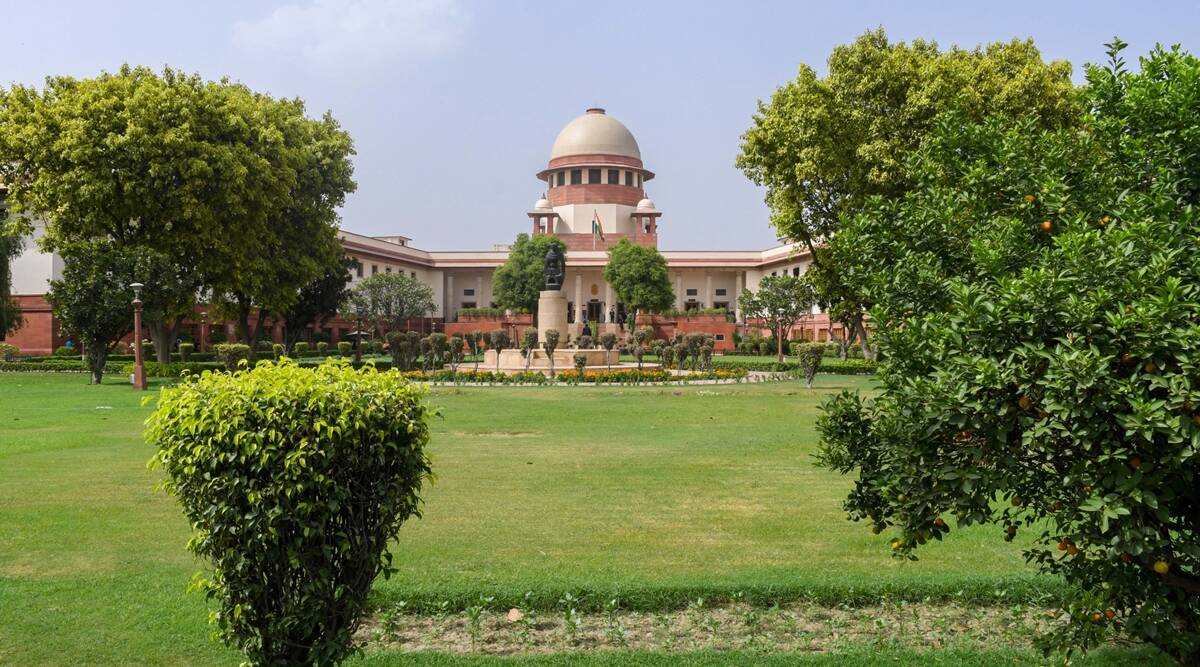The Supreme Court on Tuesday gave the Center three weeks to present its stand on a plea seeking reservation benefits to Dalit communities who embrace Islam and Christianity.
“The learned Solicitor General submitted that he would like to put on record the present position/ stand on the issue in question which pertains to the prayer for extension of reservation claim from Dalit communities to religions other than the specified religions. On their request, three weeks is given,” a three-judge bench headed by Justice SK Kaul, comprising Justice Abhay S Oka and Justice Vikram Nath, said after examining a batch of pending petitions.
Solicitor General Tushar Mehta, appearing for the Centre, said the broader question is whether a Dalit, voluntarily or involuntarily, even after converting to Christianity…the effect of being a Dalit goes away.”
Appearing on behalf of the NGO Center for Public Interest Litigation (CPIL), which has also filed a petition on the issue, advocate Prashant Bhushan told the bench that the petition prays that the ‘Constitution (Scheduled Castes) Order 1950, which was modified. To say that only Hindus, Buddhists, and Sikhs will be considered as Scheduled Castes is unconstitutional, as it discriminates based on religion.”
Bhsuhan said the Justice Ranganath Misra Commission report, which went into question, said that Dalits in other religions are as handicapped as Dalit Hindus. The Scheduled Castes and Scheduled Tribes Commission later considered the issue and said it was discriminatory.
But it also created “fear” that if the reservations is given to Dalit Christians and Dalit Muslims, Bhushan said, Dalit Christians, who get a little better education in Christian educational institutions, will occupy most of the reserved seats. . He said that to get rid of this, the commission suggested reserving seats according to the population of different communities.
Justice Kaul said, “The question is the reservation within the reservation. It has been done in the OBC category. Can it be done in the SC category, it will be a question of law.”
As Mehta said the question was whether a Dalit person would get equal status even after conversion, Justice Kaul observed, “There are many cases where even after conversion it is not openly accepted. It comes much later. There are many social reasons for this.”
“The government of that time did not accept the report of the Mishra Commission on the ground that it did not take into account several factors,” Mehta said.
The court asked the S-G how much time he needed to put on record whatever he wanted. Justice Kaul said, “It is a small issue, it involves a legal conundrum which has to be resolved.”
Mehta said that apart from legal, social and other questions are also involved and this issue has many ramifications.
Justice Kaul said that all these old cases are pending due to “social impact”, and now the day has come to decide.
The court gave the petitioners a week to respond to the government’s stand and fixed October 11 for a further hearing of the matter.
